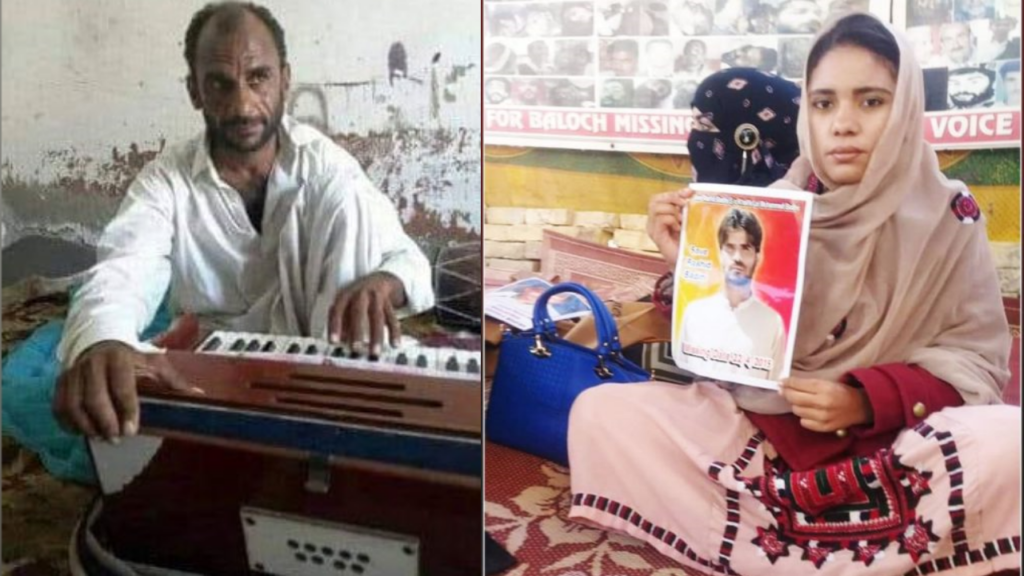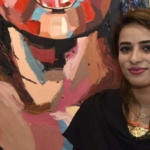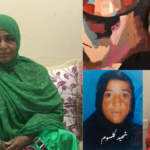Haneef Chamrok, a singer and laborer by profession, was sitting in front of his home after Isha prayers, on 07 October, in Turbat, district Kech. Two persons came on a motorcycle and called his name. The persons opened fire as soon as he reached them. Haneef died on the spot while the killers fled.
Haneef was the father of Tayyiba Baloch, a human rights activist. Tayyiba played a key role in raising voice against enforced disappearance and extra judicial killings in Balochistan at a time when the army was pressing hard to silence any voice against its atrocities in the region. Tayyiba joined human rights groups and was appointed the deputy chairpersons of the Baloch Human Rights Organization and has been a key figure in supporting the families of disappeared persons in the protest camp held in Quetta, the capital of Balochistan. Tayyiba helped families in their protest and demand for justice and helped documenting cases of human rights violations in the region.
Haneef Chamrok, her father, did not have any kind of enmity and dispute to any one, said Tayyiba, adding, he might have been killed for her activities and the perpetrators want to silence her on human rights situation of Balochistan.
Such incidents took place in the past too where families of activists were targeted by powerful faction of the armed people, called Death Squad, supported by the country’s military. In many cases, people caught the killers on site, and found ID cards in their pockets. Cars shown the person work for intelligence agencies and the army.
Meanwhile, on 09 October, four dead bodies were found in different places of Balochistan; two in district Panjgur, with one identified as Abdul Rauf while the other has not been identified as of yet. The body was two weeks old. The body of Manzoor Ahmed Muhammad Rafiq Kakar resident of Quetta was found in Kuchlak. He was slaughtered with a knife. A minor boy went missing from Killi Divya. He was then raped and killed. His dead body was found in Mezai Adda, district Qilla Abdullah.
Two dead bodies were found in district Lasbela, one in Winder and another in Hub city, on October 05. The dead bodies were shifted to the hospital but have not been identified yet.
One person was killed, and four were injured in a firing incident in district Noshki. The deceased was identified as Abdul Shakoor. No one has been arrested so far.
Two more cases of enforced disappearances were reported in the past few days. In one case, personnel of the Frontier Corps, a paramilitary forces in Balochistan, whisked away Haidar Dinnar in the Gomazi village of Tump, district Kech. He was picked up in front of the people from the main bazar of the village. The forces were accompanied by the gunmen in civilian dress.
In the other case, an incident of enforced disappearance was disclosed after weeks, where a shopkeeper was abducted by the FC on 24 September in Noshki, a region Pakistan launched and tested its nuclear weapons in 1998. Forces took him away in front of the people in Keshangi village of Noshki. Since then no one knows about his whereabouts.


